
Ever wondered what goes on behind the scenes after the cameras stop rolling? We’re talking beyond the wrap parties and the award ceremonies. For many of Hollywood’s biggest names, the final cut of their blockbuster movies might as well be a complete mystery – because they simply refuse to watch them! It sounds wild, right?
These are the same iconic actors we adore, the ones who bring our favorite characters to life, yet a surprising number of them prefer to skip their own cinematic masterpieces. From Oscar winners to box office giants, a fascinating trend emerges: once their work on set is done, they’re officially out.
So, why would an A-list star avoid seeing their own performances? It turns out, their reasons are as varied and compelling as the roles they play. We’re diving deep into the minds of some of the most talented people in the industry to uncover the real truth behind why they choose to stay far, far away from their own films. Get ready for some major revelations!
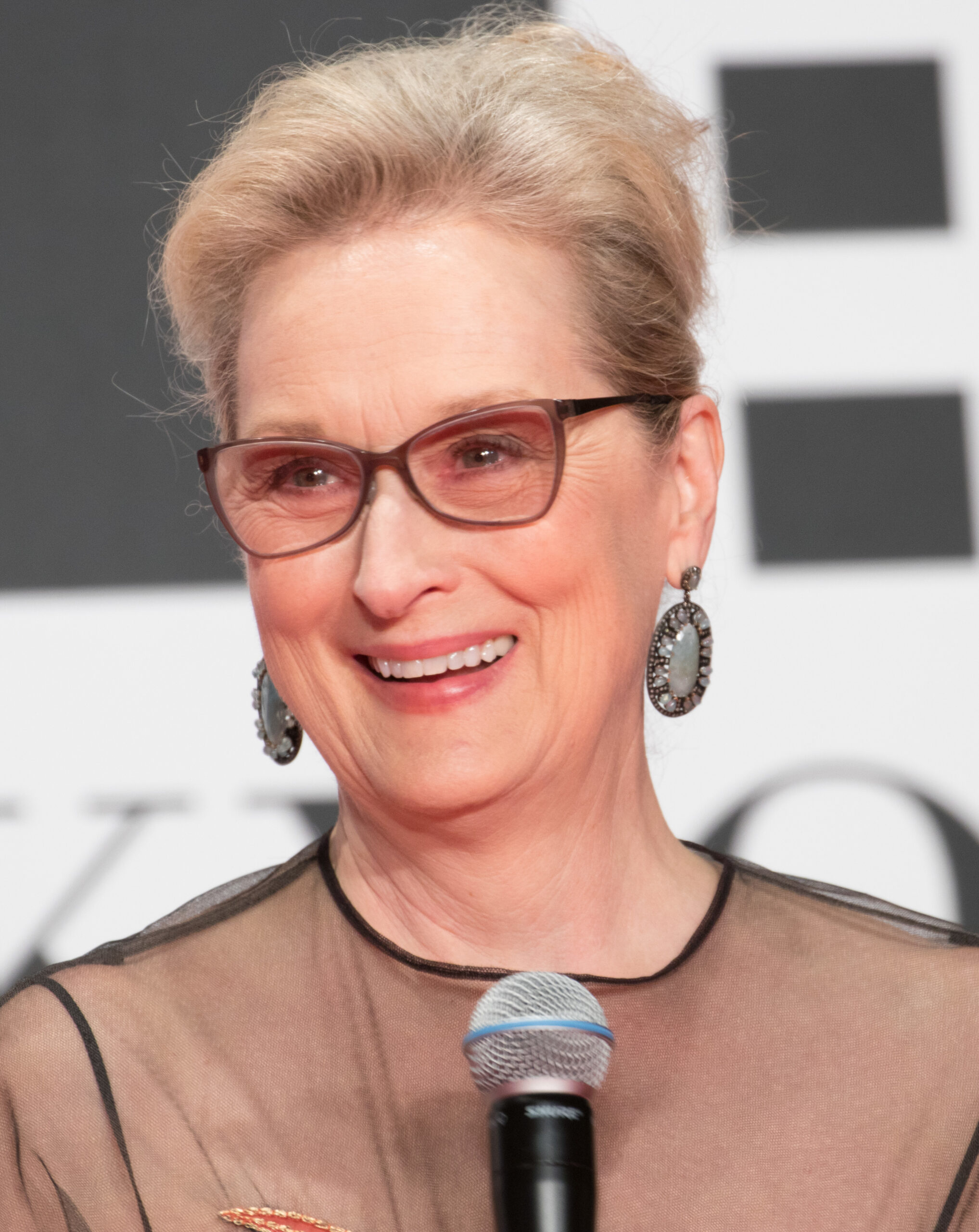
1. Meryl Streep
She’s arguably one of the most celebrated actors of all time, holding the record for the most Oscar nominations with an incredible 21 as of 2025. You’d think Meryl Streep would be eager to revisit her legendary performances, but that’s simply not the case. She’s famously stated she doesn’t like to dwell on past roles, preferring to keep her eyes firmly on what’s ahead.
In a surprising revelation, Streep has admitted she’s never seen any of her films more than once. Yes, that includes her iconic, Oscar-winning turns in classics like *Kramer vs. Kramer* (1980), *Sophie’s Choice* (1983), and *The Iron Lady* (2012). This isn’t just a casual preference; it’s a firm professional boundary.
“I don’t do that,” she once said, explaining her steadfast rule. Her approach is clear: for her, the joy and challenge lie in the creation of her characters and the collaborative work on set. Once a film is completed, her personal engagement with it is largely over.
Streep views watching herself as a “strange and unhelpful experience.” She prefers to focus on the intricate process of building a role, from script to screen, rather than analyzing the final product. This unique perspective has undoubtedly contributed to her long, varied, and immensely successful career, allowing her to continually move forward without getting bogged down by past successes or perceived failures.
Read more about: The Holmes Effect: Unpacking Why Hollywood’s Spotlight Shifted, and How She Redefined Her Own Narrative
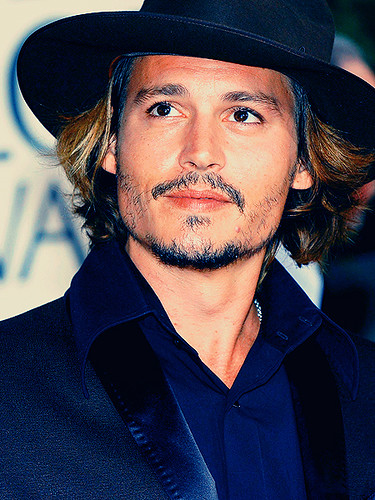
2. Johnny Depp
Throughout his decades-long career, Johnny Depp has delivered a string of iconic performances that most actors would be immensely proud of. Yet, when it comes to sitting down and watching these memorable roles, Depp is largely absent from the audience. He even told David Letterman in a 2009 interview that his children have seen more of his movies than he has.
For Depp, there’s a clear demarcation line: once his work on a film is complete, he considers his involvement done. “In a way, once my job is done on a film, it’s really none of my business,” Depp explained. This detachment allows him to maintain a certain distance, stating, “I stay far away as I possibly can … I don’t like watching myself.”
He reiterated his strong ambivalence about watching himself onscreen in a 2013 interview with *The Independent*. He revealed that he made a conscious choice a long time ago not to watch his films. While he acknowledged that it’s a “drag because you miss out on a lot of your friends’ incredible work,” the personal cost of watching outweighed the benefits.
Depp explained his decision bluntly, stating, “But I feel like it would just harm me.” This suggests a deeper psychological impact, implying that watching his performances could lead to self-consciousness or even influence his creative choices negatively. He prefers to remain in a state of “blissful ignorance” regarding the final outcome, preserving his unique artistic process.
Read more about: Leaving School for Stardom: 14 A-List Celebrities Who Chose Dreams Over Diplomas
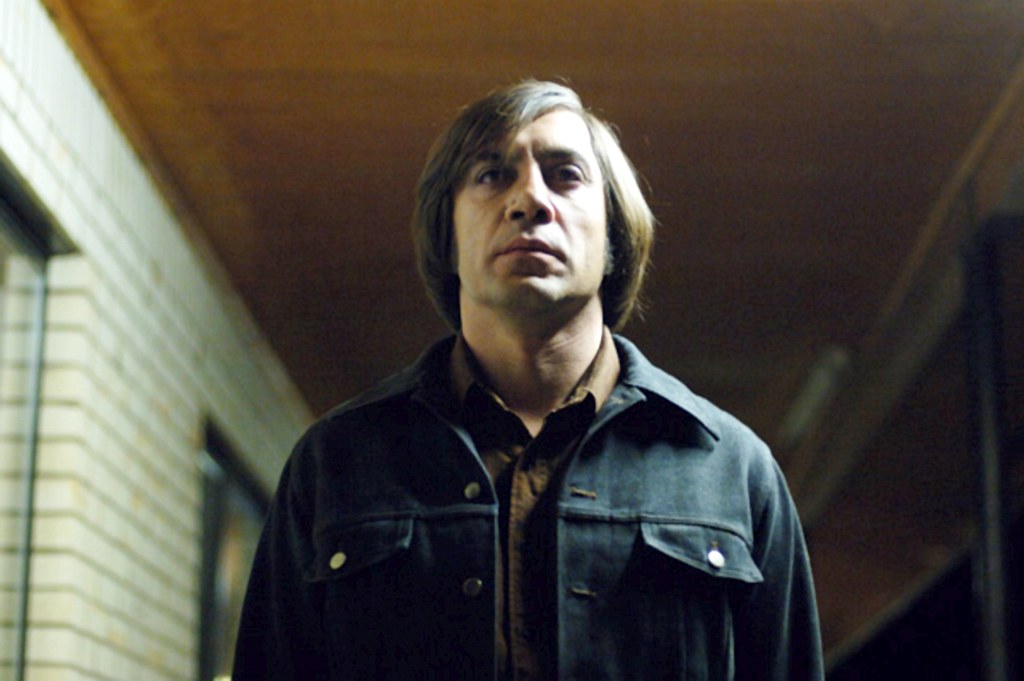
3. Javier Bardem
Javier Bardem is an Oscar winner, celebrated for his chilling performance as Anton Chigurh in 2007’s *No Country for Old Men*, and also widely recognized as a sex symbol. Despite these accolades, if you try to get him to watch one of his own films, he simply doesn’t get the appeal. He finds the experience far from enjoyable.
“The fact that I like to make characters doesn’t mean I like to watch my characters being made, my performance,” Bardem openly stated in a 2012 interview. His passion lies in the act of creation, in embodying a role, rather than critically observing the finished product. This distinction is crucial to his artistic process.
His self-critique is remarkably harsh, and very personal. Bardem confessed, “I can’t even watch that [expletive] nose, that [expletive] voice, those ridiculous eyes. I can’t handle that.” This visceral reaction to his own physical presence on screen highlights a profound discomfort that many actors share, making the viewing experience genuinely painful for him.
However, Bardem clarifies that this self-consciousness disappears during filming. “But when I’m doing it, I don’t see my nose or hear my voice; it’s like there’s something stronger, bigger than that. And I need to express it.” This separation allows him to fully immerse himself in the character during production, unhindered by his later critical gaze, emphasizing his commitment to the craft.
Read more about: Beyond the Limelight: 14 Outspoken Atheists in Hollywood and Entertainment Who Are Changing the Conversation

4. Jared Leto
Like Johnny Depp, Jared Leto has no personal interest in watching his own movies, believing that the most profound part of his creative journey is the actual experience of making the film. He views the act of filming as the core of his work, and everything beyond that is somewhat secondary to his artistic satisfaction.
Leto openly stated, “I really don’t have any business watching the movie so much.” He suggests that while one *could* watch for entertainment purposes, the actor has “so little input and control of the final product once you’re done that I feel like I just would rather leave it alone.” This perspective underscores a desire to preserve the integrity of the on-set experience.
Remarkably, even after winning a Best Supporting Actor Oscar for his powerful performance in *Dallas Buyers Club* (2013), Leto admitted that months later, he still hadn’t seen the film. His reasoning was partly tied to the transformative nature of his role, specifically his character’s voice. “I can’t hear that voice!” he exclaimed.
He acknowledged that he would likely watch it “at some point,” but firmly believed it was “too soon!” Leto concluded that the film could “never live up to the expectations I would have of it now because it was such a beautiful experience and the response that it got was really wonderful.” For him, the memory of the beautiful process and the positive reception were more important than the literal viewing.
Read more about: Hold Up! These 14 Horror Movies Truly Deserve Their Infamous Reputations – And We’ll Tell You Why
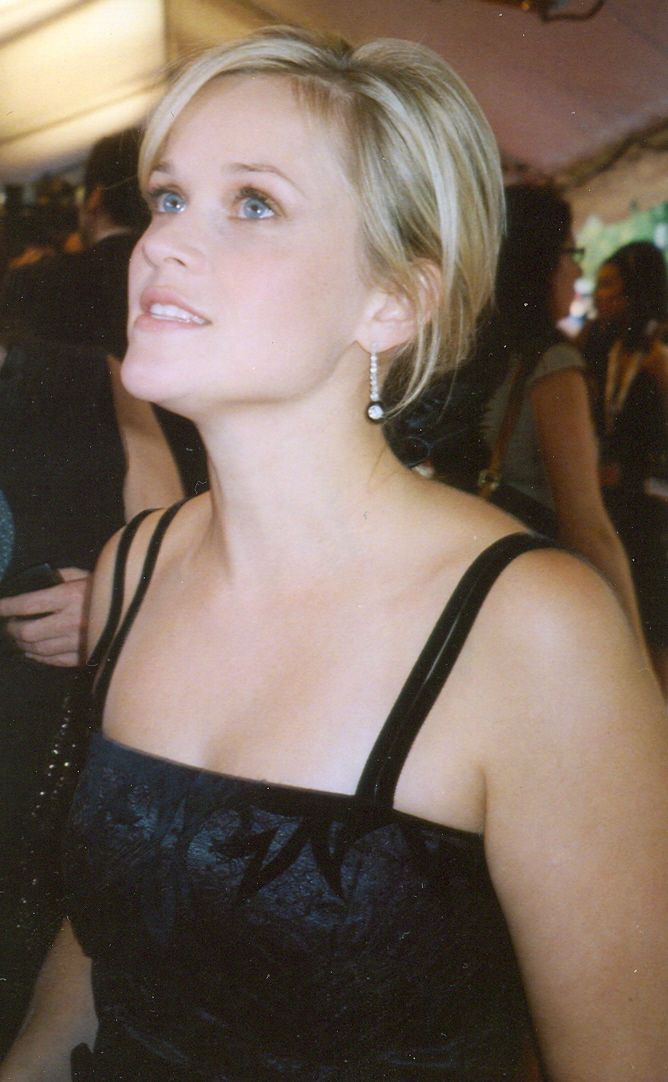
5. Reese Witherspoon
Reese Witherspoon, an Oscar winner herself for Best Actress in *Walk the Line* (2005), has a pretty compelling, if slightly humorous, reason for not watching her own movies: doing so, she says, would make her “spiral into a state of self-hate.” It’s a candid and relatable admission that many can probably understand, even if not to such an extreme degree.
She openly mused on *Chelsea Lately*, asking, “I don’t know who feels good looking at themselves. Nobody, right?” For Witherspoon, the act of watching herself on screen is far from an enjoyable experience. Instead, she categorizes it as outright “torture.”
Her rhetorical question further clarifies her stance: “Why would you want to watch yourself being stupid and pretending to be somebody else?” This highlights a strong aversion to self-observation in her professional context, seeing it as an unnecessary form of self-inflicted discomfort rather than a productive exercise.
Witherspoon has also mentioned that she doesn’t want to be too critical of herself. She believes that watching her performances would lead her to nitpick her choices, which could ultimately be harmful to her confidence and artistic freedom. By avoiding her own films, she prefers to trust her instincts during filming and then let the work stand on its own merits.
Read more about: You Won’t Believe How Cringey These ’00s Rom-Com Leads Are Today – Time for a Rewatch!
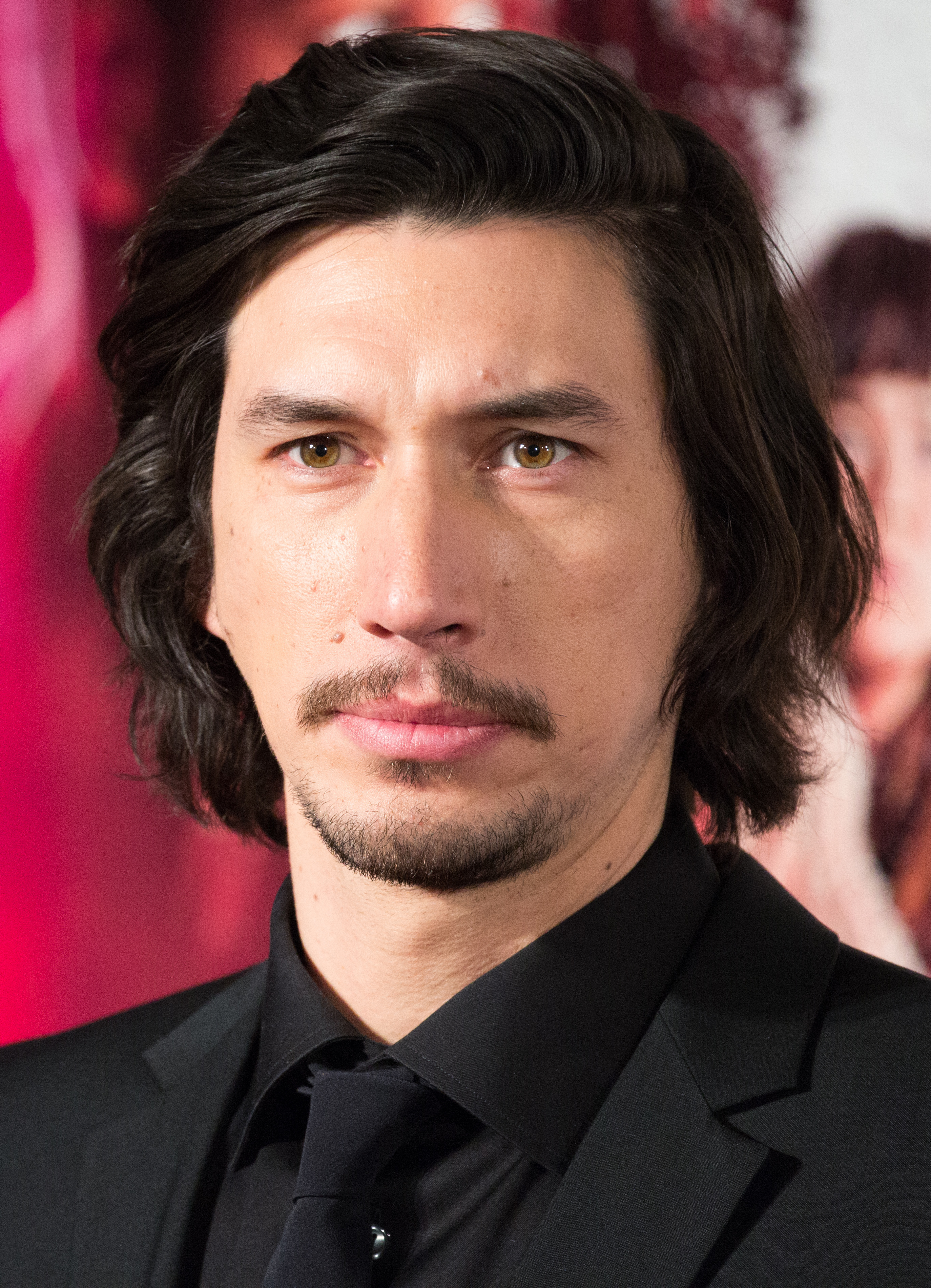
6. Adam Driver
Adam Driver, known for his intense and transformative roles, made a definitive decision about watching his own work early in his career. After seeing himself in the pilot episode of HBO’s *Girls*, he concluded that he would not watch his performances in the future. That single experience was enough to solidify his stance.
Driver candidly explained his reasoning on *The Howard Stern Show*: “Because I saw all the mistakes. The things that I wished I could change, but couldn’t because it’s permanent.” This highlights a common dilemma for actors, where seeing the fixed final product can lead to endless regret over perceived imperfections, a trap he’s keen to avoid.
Coming from a theater background, where the ephemeral nature of live performance means you don’t get to “see” your work in a recorded sense, Driver found the permanence of film jarring. He noted, “I’d want to make it better looking or perfect, and that’s a trap,” reinforcing his desire to avoid unproductive self-critique.
However, even Driver made one notable exception to his rule for *Star Wars: Episode VII – The Force Awakens*. He described the experience as “awkward,” but felt compelled due to the immense effort. “Because we did so much work on it … It seemed like I should try getting over it,” Driver explained, adding, “And it’s Star Wars. I literally can’t believe that I was in it,” showing that some projects are simply too monumental to entirely ignore.
Read more about: The Beat Goes On: 12 Artists and Genres That Defined the Revolutionary 80s Music Scene

7. Jesse Eisenberg
If you’ve ever wondered if Jesse Eisenberg, the star of *The Social Network*, has actually seen his Oscar-nominated performance, the answer is likely no. Eisenberg has been very open about the fact that watching his own movies makes him feel “extremely self-conscious,” a feeling so strong that he avoids it whenever humanly possible.
In an interview with *Business Insider*, he offered a vivid analogy to explain his discomfort. He compared the experience to looking through vacation photos: “You’ve taken a hundred pictures and you only like two of the pictures and you send them to all of your friends and the rest you’re totally mortified by how you look. The side of your face, that Speedo you decided to wear—that’s the experience for me.”
Eisenberg elaborated on this feeling, stating, “Two percent of a project I feel so comfortable with and proud of, and the rest of it I feel very self-critical of.” He feels a disproportionate amount of self-doubt and criticism towards the majority of his on-screen presence, making it a difficult watch.
He further articulated the intensity of this feeling, saying, “if you can project that kind of feeling about those 98 pictures of yourself on to a massive scale of a movie that a lot of people are not just going to see but scrutinize, you can understand.” For Eisenberg, the scrutiny of his own performance on a large scale is simply too overwhelming, leading him to protect his mental well-being by staying away.
Read more about: Beyond Bayside and Backlash: Unpacking the Enigmatic Career and Enduring Legacy of Elizabeth Berkley

8. Andrew Garfield
It turns out Jesse Eisenberg isn’t the only *Social Network* alum who’d rather avoid the playback button. His co-star, Andrew Garfield, shares a similar reluctance when it comes to watching his own performances. While he admitted that *The Social Network* was one film “they made me watch,” it seems to be an exception rather than the rule for this critically acclaimed actor.
For Garfield, the core of his apprehension lies in the desire to maintain a pristine, unanalyzed connection to his craft. “I don’t want to be aware of what I’m doing,” he openly stated. He fears that any self-awareness could actually hinder his artistic process, making him “less open” to the raw, spontaneous moments that define truly captivating acting.
He simply wants to be “fully open to the story and what that subjective moment is” during filming. This immersive approach means that once the cameras stop, his engagement with the final, edited product becomes secondary. It’s about preserving that pure, unselfconscious space where creativity thrives, rather than getting caught up in the critique of what’s already done.
Read more about: From Web-Slingers to Jedi: 12 Iconic Franchises That Stumbled with a Single Failed Sequel

9. Julianne Moore
Speaking of Oscar winners, Julianne Moore, who bagged a Best Actress Oscar for *Still Alice* (2014), takes the crown for perhaps the most consistent “no-watcher” on our list. She’s famously declared, “I haven’t seen any of my movies,” a statement that probably sends shivers down the spines of her publicists, but perfectly illustrates her unique artistic philosophy.
Moore can’t even bring herself to sit through a premiere. For her, the real magic happens behind the scenes, in the collaborative, dynamic environment of the film set. “I like being in the movie more than I like watching them,” she explained, cutting right to the heart of her passion. The creation, the embodying of a character, that’s where her joy truly lies.
“That’s my big thrill, rather than seeing the finished product,” she reiterated. This perspective highlights a common thread among these actors: the process is often more fulfilling and creatively significant than the end result. Once her performance is captured, the joy of that experience is complete, and the final cut holds little personal appeal.
Read more about: You’re Fired! 15 Iconic Actors Who Were Kicked Off Major Film Sets for Controversial Reasons
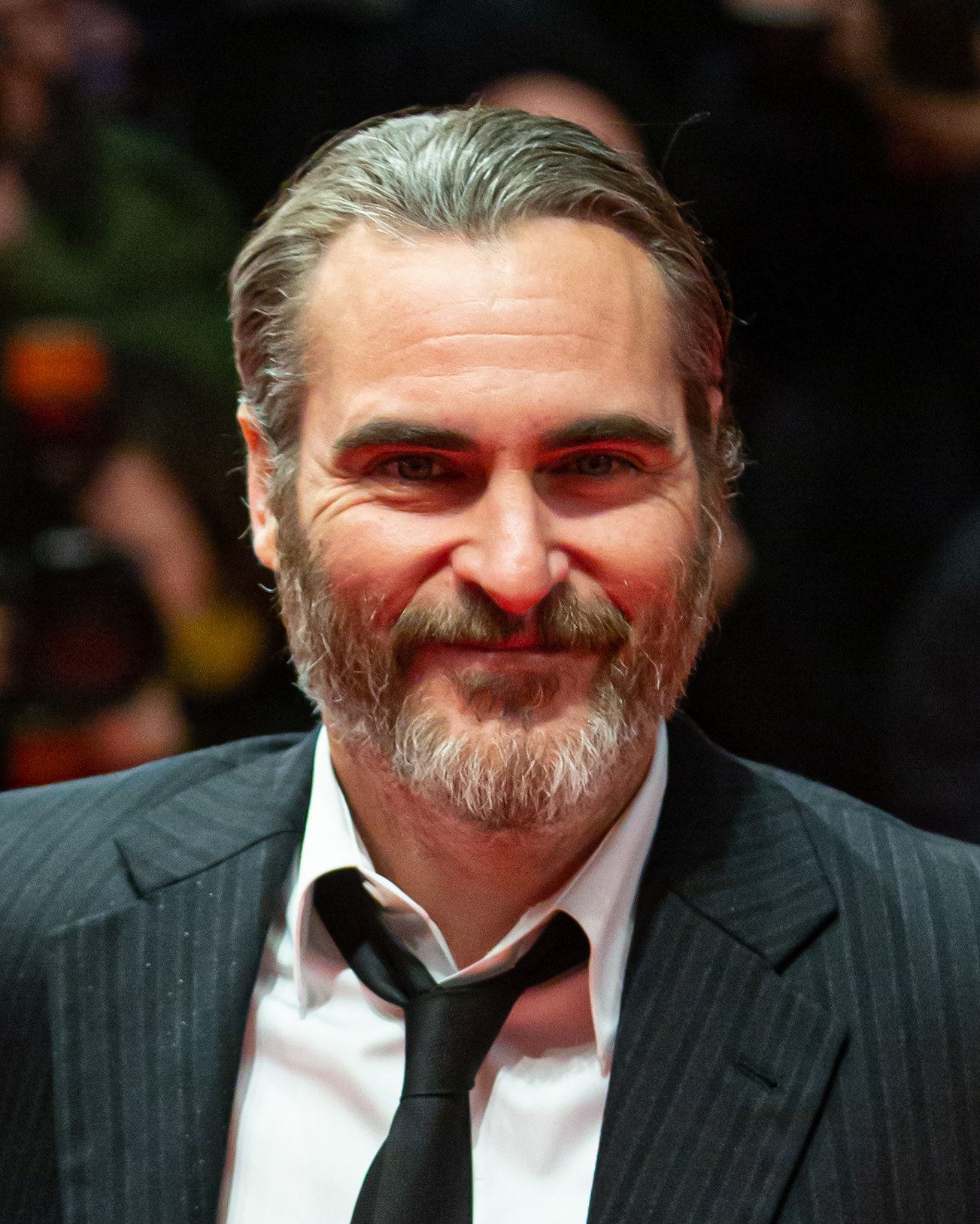
10. Joaquin Phoenix
Joaquin Phoenix, a master of intense and transformative roles (and a Best Actor Oscar winner for *Joker* in 2019), is another big name who largely steers clear of his own work. You might be surprised to learn that he’s only ever watched two of his own movies: *The Master* (2012) and *Her* (2013). Yes, that means even his iconic performance in *Gladiator* isn’t on his personal re-watch list!
Phoenix explained his profound aversion to seeing himself on screen, telling *Hollywood Outbreak*, “I don’t ever really want to see myself as the camera sees me.” He views the act of watching as something potentially damaging to his future performances, emphasizing that it’s “not going to be of any value to me, and in fact it stands a greater chance of having a negative effect on future work.”
There’s a natural human curiosity, of course, and Phoenix admits, “there’s a part of you that’s curious for a second.” But he’s learned to actively resist it, constantly telling himself, “‘No.'” This self-imposed discipline allows him to maintain a crucial detachment, ensuring his next role isn’t tainted by over-analysis or self-critique from the last. It’s all about preserving spontaneity and raw honesty.
Read more about: Beyond the Man in Black: A Look at the Lives of Johnny Cash’s Seven Talented Children
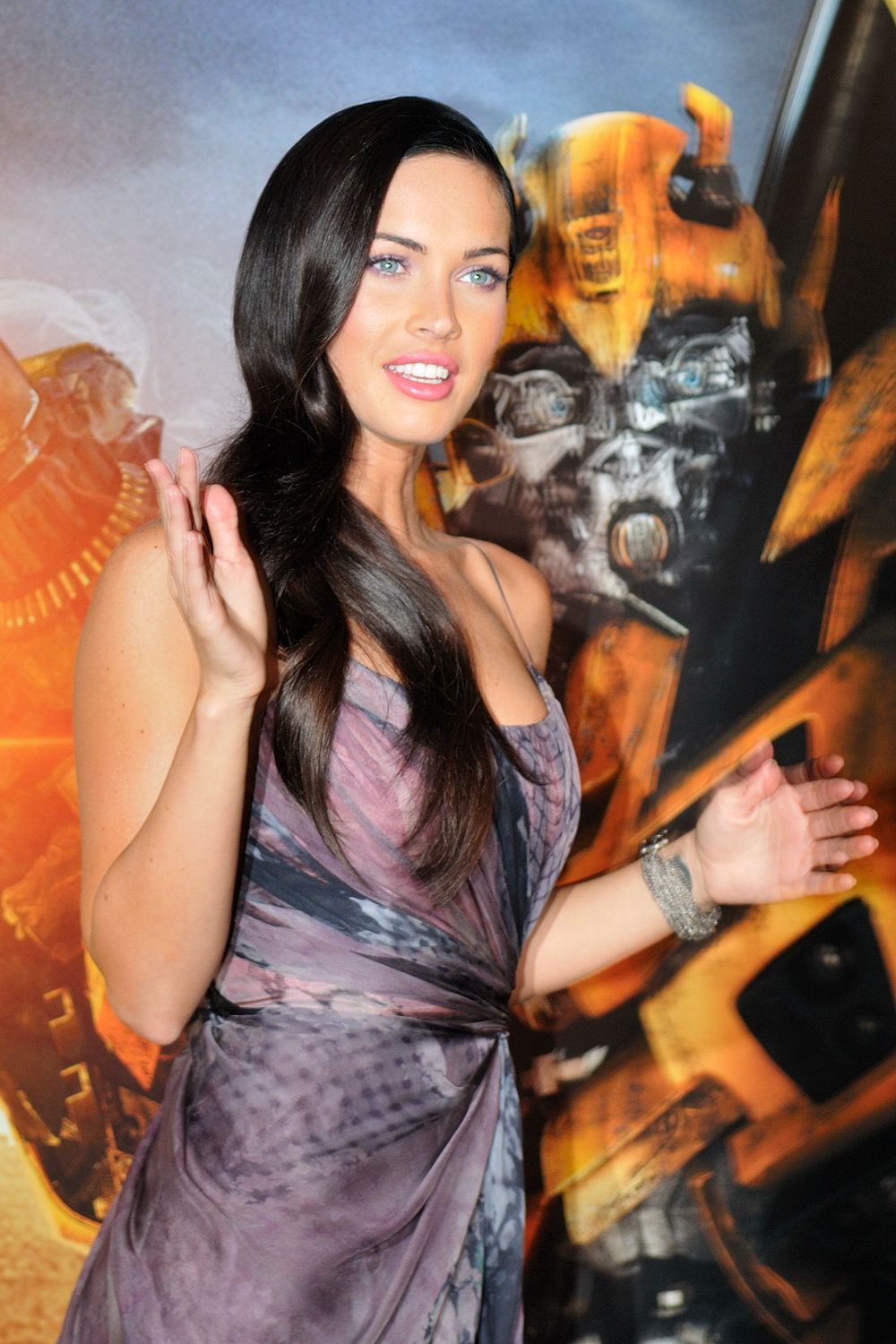
11. Megan Fox
Now, for an actor whose reasons for avoiding her own films delve deep into mental well-being, we have Megan Fox. While many actors find watching themselves “slightly uncomfortable,” for Fox, it escalates quickly to “out-and-out mental stress.” It’s a candid and vulnerable admission that sheds light on the intense pressure that can come with being in the spotlight.
“I never [look at myself], even in still photographs. I don’t look at anything,” Fox confessed, painting a picture of a profound aversion to self-image. The intensity is such that, “I panic if there is a monitor in the room. I immediately go into, like, an anxiety attack.” This isn’t just a preference; it’s a full-blown physiological response to seeing herself on screen.
Her discomfort was so severe that when she did manage to watch *Transformers: Revenge of the Fallen* (2009), it required significant external assistance. She famously admitted that “doing so involved copious amounts of champagne,” a testament to the lengths she goes to mitigate the anxiety that her own performances induce. Talk about needing a strong beverage to get through work!
Read more about: You’re Fired! 15 Iconic Actors Who Were Kicked Off Major Film Sets for Controversial Reasons

12. Zac Efron
From *High School Musical* heartthrob to a versatile leading man, Zac Efron has amassed a huge fanbase, but don’t expect him to be re-watching his cinematic journey alongside you. Efron describes his initial reaction to seeing his work as being “more of a cringer” – a perfectly relatable sentiment for anyone who’s ever stumbled upon an old photo of themselves!
He’s brutally honest about his self-critique. “I tend to, especially the first time around, pick out every single flaw, or things I could have and should have done better,” he revealed. This intense self-scrutiny isn’t just a casual observation; it’s something he tends to “dwell on,” which can obviously be counterproductive for an actor trying to grow and move forward.
Interestingly, Efron does admit that “after several years he’s able to revisit his older work.” Perhaps with the passage of time, the emotional distance allows him to view his performances with less immediate judgment and more historical perspective. But for those fresh-off-the-set projects, it’s a definite no-go for this star.
Read more about: Yvonne Strahovski’s Seriously Head-Turning Transformation: From Aussie Roots to Hollywood Royalty, You Won’t Believe Her Journey!
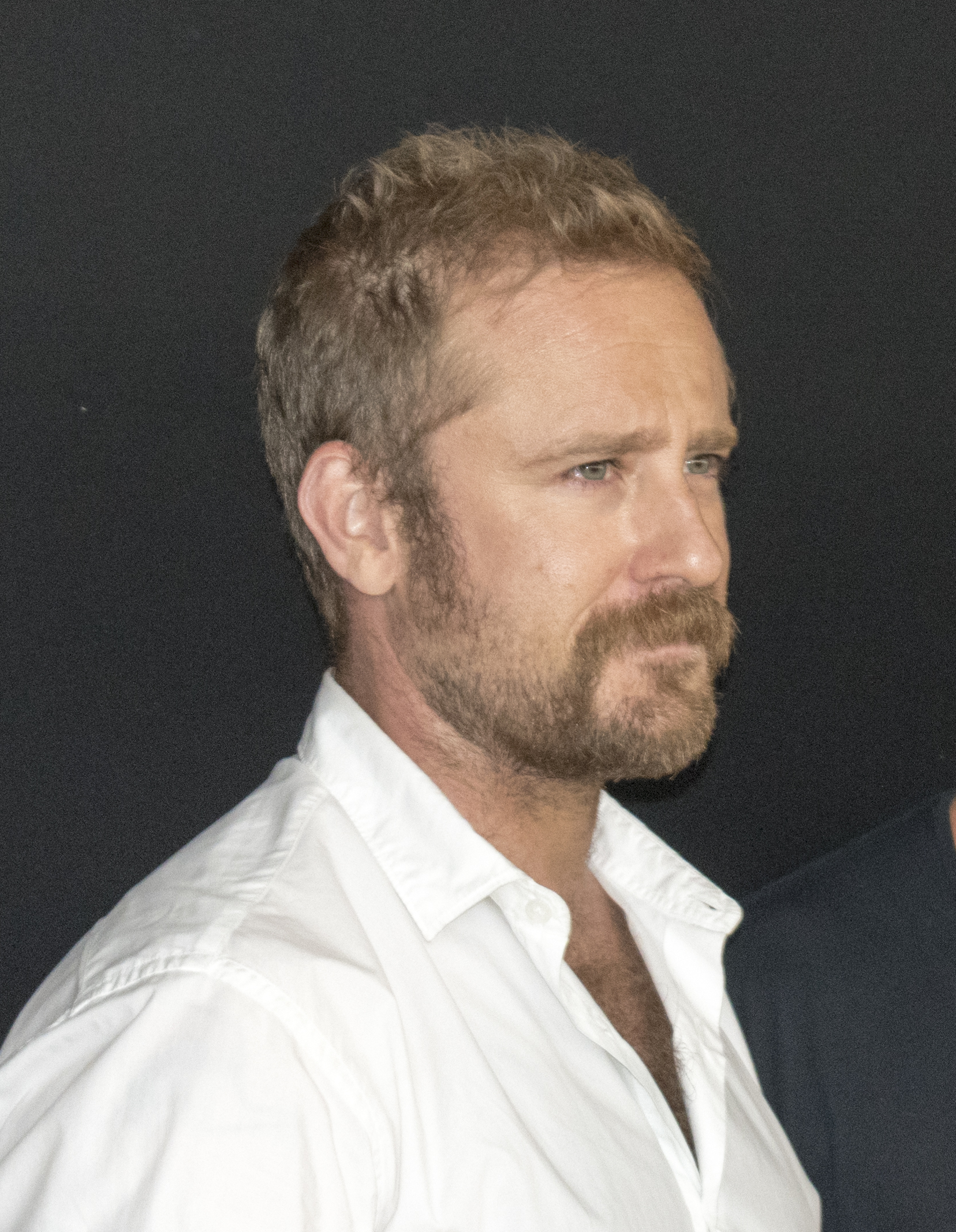
13. Ben Foster
Ben Foster, known for his intense and committed performances, is another actor who finds watching his own films to be a rare event. He admitted that *Hell or High Water* (2016) was a significant exception, being the first of his own movies he had watched in years. This highlights just how deeply ingrained this avoidance strategy is for some professionals.
“I don’t enjoy watching what I do most of the time,” Foster candidly told *Metro*, explaining that he’s “usually pretty disappointed with how it was handled.” This disappointment stems from a common Hollywood reality: the final cut often diverges from the original artistic vision due to various pressures. “Filmmakers and financiers come under pressure to serve a certain result, and that’s not necessarily the one we started with.”
His process is clear: “I come in and I build, and sometimes they handle it well, and sometimes they don’t.” Rather than dwelling on the potential compromises or the final product that might not align with his initial creative contribution, he prefers a pragmatic approach. “I try not to worry about it and move onto the next one,” he concluded, preserving his energy for new challenges.
Read more about: Unearthing Earth’s Ancient Narratives: How Paleontology Unravels Mysteries Like Marine Fossils on Mountain Peaks

14. Billie Piper
Rounding out our list is the brilliant British actress Billie Piper, who not only can’t stand to watch herself on screen but took it a step further. In a 2008 interview, she hilariously (and tellingly) explained that she “barred her then-husband Laurence Fox, an actor himself, from watching her.” Talk about a firm boundary!
Her reasons are deeply personal and wonderfully candid. “I get really edgy watching myself,” Piper confessed, amplifying her discomfort when loved ones are present, adding, “and I get even more edgy with my loved ones because they know me and I feel they’re going to take the mickey.” The idea of being scrutinized by those closest to her, especially another actor, sounds like pure agony.
She revealed the extreme emotional toll, saying, “Sitting down to watch my performances makes me cry.” The vulnerability of watching her own work is clearly immense, and it’s “even worse watching it with another actor, because he can dissect your performance.” This speaks volumes about the intense self-criticism and fear of judgment that can drive actors away from their own films.
So there you have it – a fascinating peek into the minds of 14 A-list actors who, despite their incredible talent and the global adoration they receive, choose to skip their own movies. Whether it’s to avoid the brutal mirror of self-critique, to preserve artistic spontaneity, to manage intense anxiety, or simply because the thrill is in the making, not the watching, their reasons are as complex and compelling as the characters they bring to life. It truly makes you wonder what other behind-the-scenes secrets Hollywood’s biggest stars are keeping, doesn’t it? One thing’s for sure: for these actors, the real magic happens on set, long before the credits roll.



